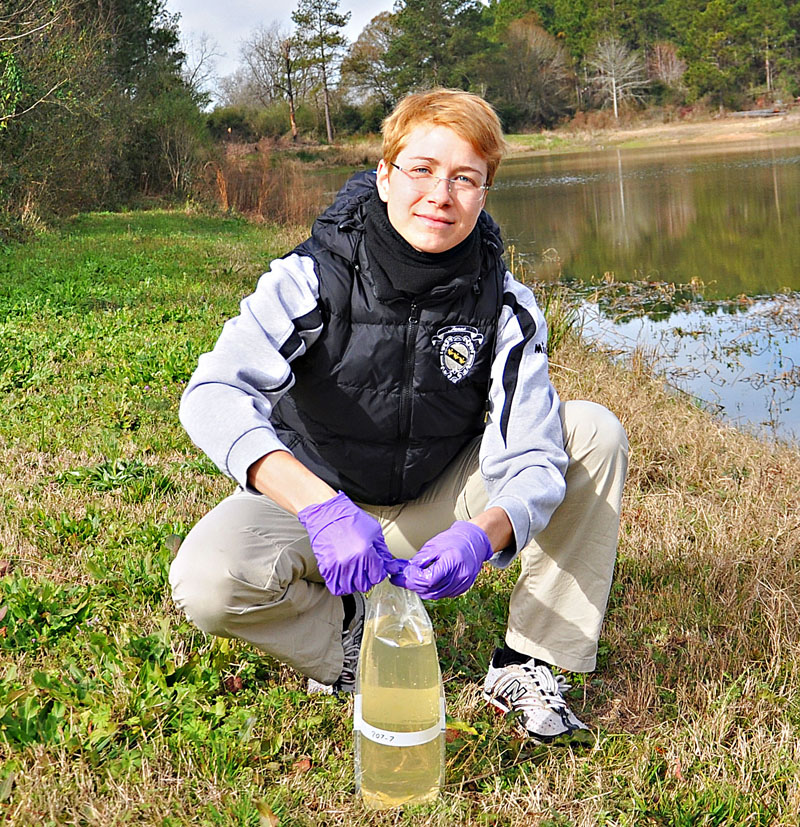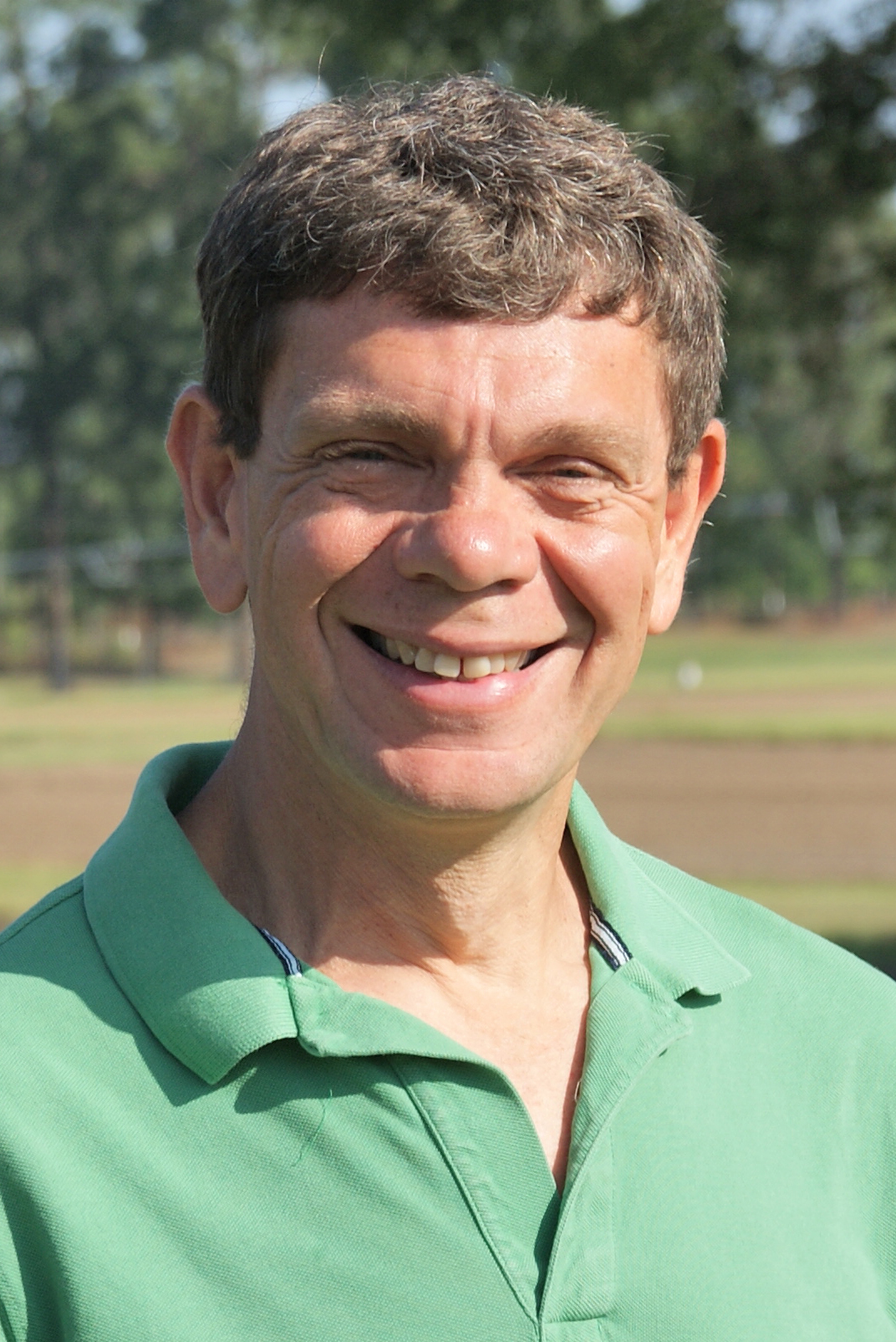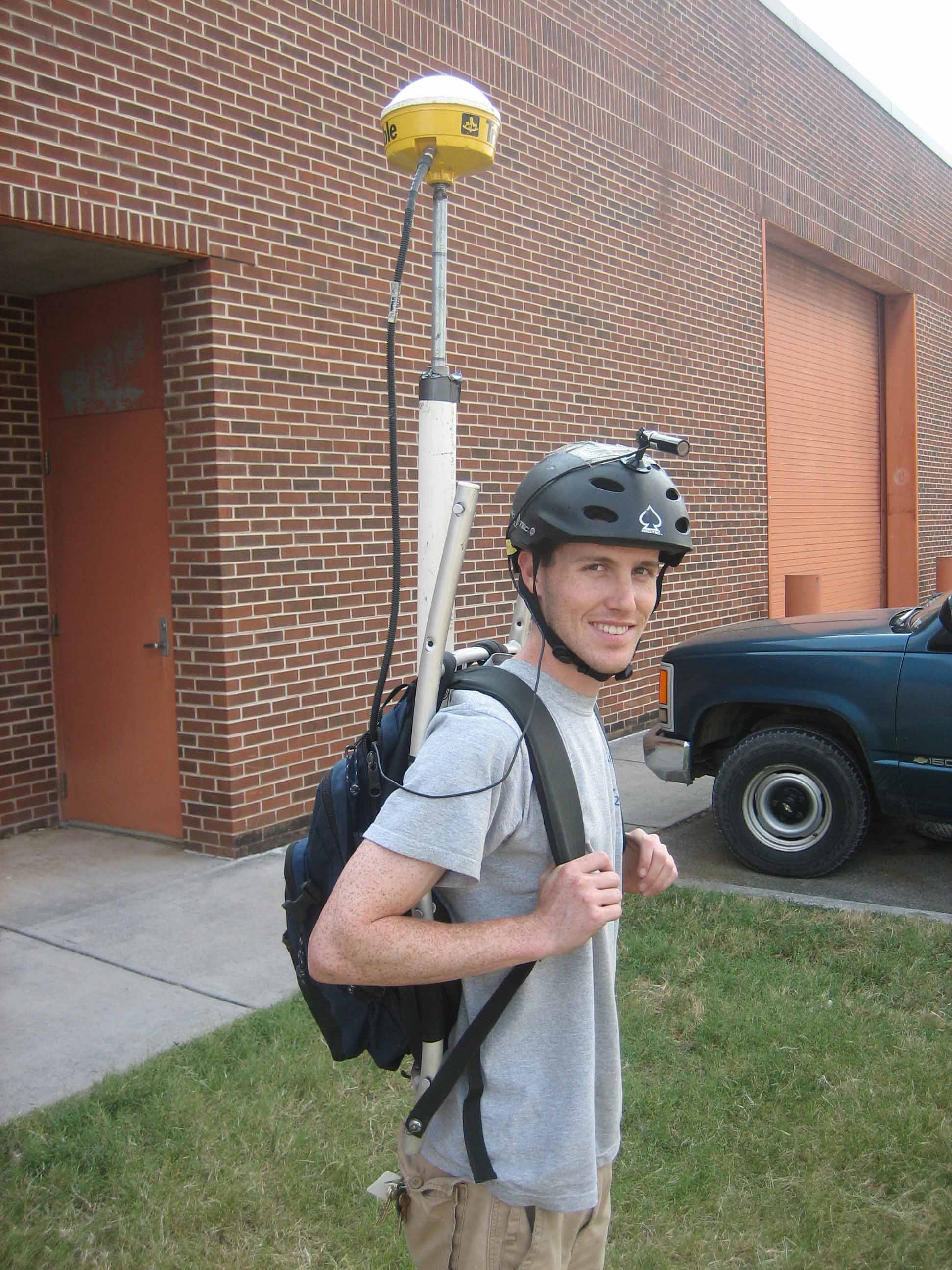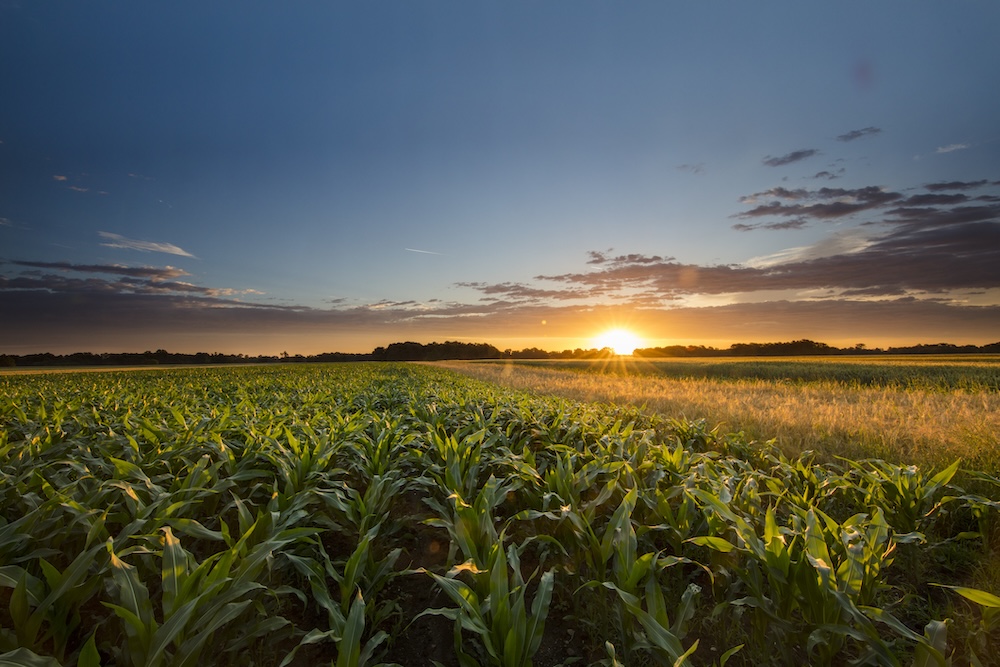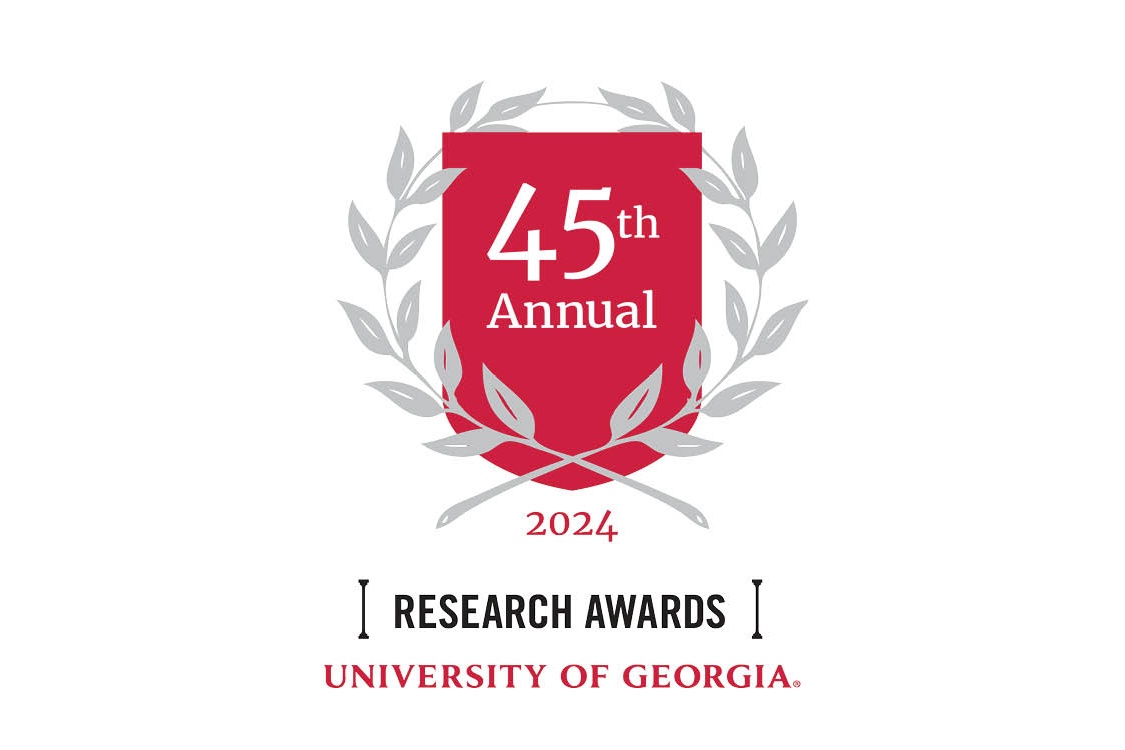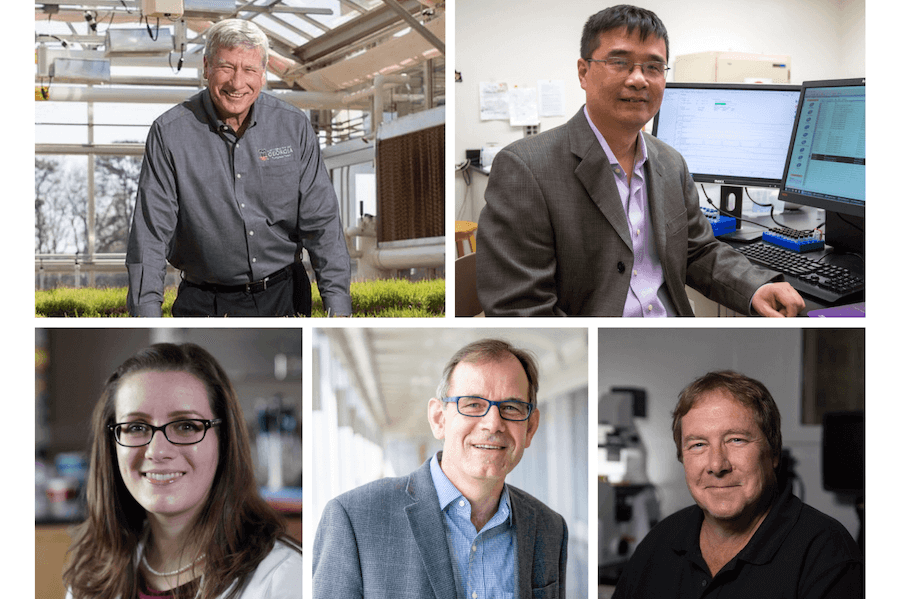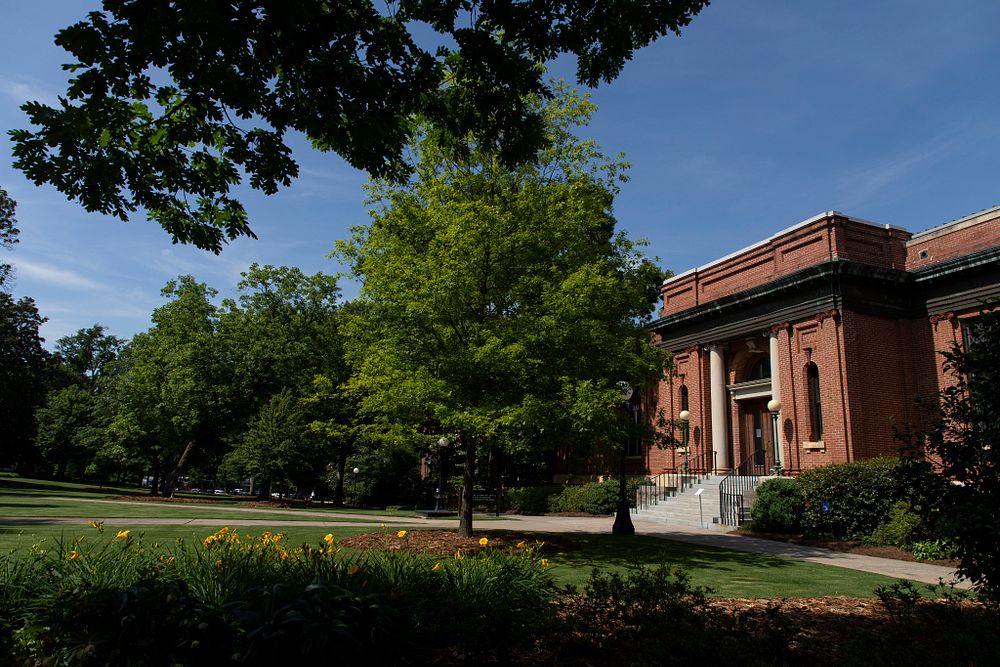Thousands of miles may separate Georgia and Europe, but farmers on both sides of the Atlantic face similar problems: dwindling water supplies; rising expenses, increasing competition from the developing world and the need to produce more from their land while protecting the environment.
University of Georgia students and researchers are working with their European colleagues to share the latest developments in precision agriculture under the umbrella of the TransAtlantic Precision Agriculture Consortium (TAPAC). Precision agriculture can be described as an agricultural management strategy that helps increase the efficiency of food production.
TAPAC started eight years ago as a way for students and researchers to gain common experiences, share ideas and promote mutual understanding. The consortium includes UGA, Auburn University, the University of Thessaly in Greece, the University of Padova in Italy, and the Technical University of Munich in Germany. The project is supported by the International Science and Education Program of the USDA National Institute of Food and Agriculture
George Vellidis, professor of crop and soil sciences with the UGA College of Agricultural and Environmental Sciences, coordinates the international effort.
“This partnership has allowed us to stay on the cutting edge of precision agriculture developments by constantly sharing what has been going on at our institutions and in our countries,” Vellidis said. “It has also allowed us to train students who are technically skilled and culturally comfortable on two continents.”
Vellidis and a group of researchers from the partner universities will travel together to Greece, Italy and Germany in March to present their research to farmers, extension specialists and regional and national policy makers. Current and former exchange students will also present at the workshops. The goal of the workshops is to promote the adoption of precision agriculture strategies that have been successful in Europe and the United States.
TAPAC initially focused on undergraduate student exchange internships but since 2010 is focusing on graduate student exchanges. Graduate students from UGA and Auburn are conducting their M.S. thesis work at the partner universities in Europe while European students are doing the same at the American partner universities.
UGA environmental engineering graduate student Jay Bevington is currently conducting his thesis research at the University of Padova where he is investigating salt-water intrusion into the agricultural region’s groundwater.
UGA faculty members on his committee include Vellidis, David Radcliffe from crop & soil sciences, and Christof Meile from marine sciences. New crop and soil sciences graduate student Camden Lowrance will head to the University of Thessaly in December to study grape yields and quality in Greek vineyards. An Auburn graduate student will be going to the Technical University of Munich.
Currently, Vellidis is hosting University of Padova student Camilla Borgato who is pursuing her master’s degree in environmental sciences. She’s working with Vellidis and microbiologists Sree Rajeev in UGA’s College of Veterinary Medicine and Karen Levy at Emory University’s Rollins School of Public Health to develop sampling strategies for assessing the presence of foodborne pathogens in irrigation water.
“The graduate student exchanges range from three to nine months and provide both the American and European students with unique opportunities to study topics and work with scientists that they would not normally encounter,” Vellidis said. “It really is a very good experience for the students.”
More information is available at www.nespal.org/tapac. Those interested can follow Bevington's work in Italy at jbevingt.wordpress.com

